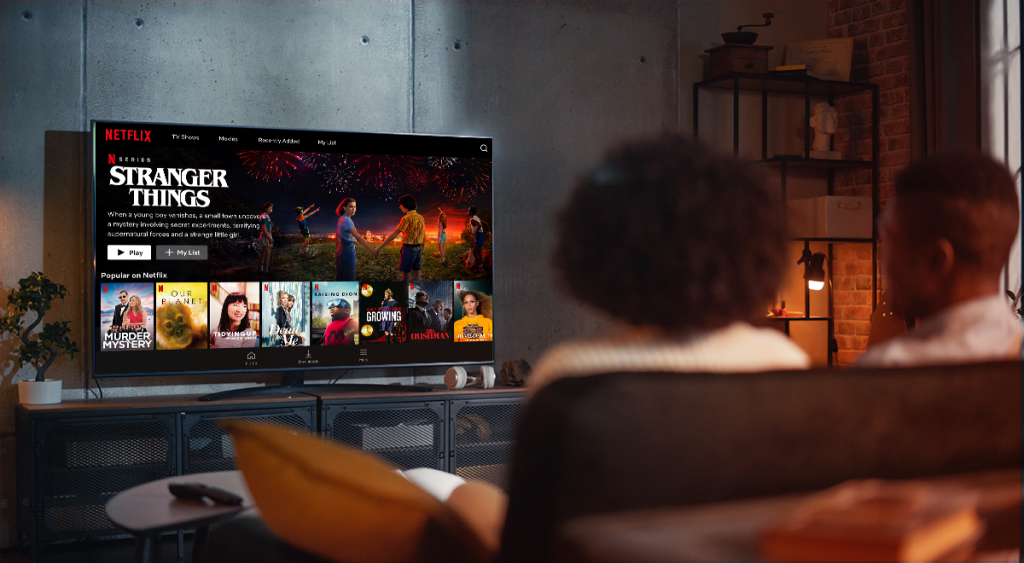In today’s digital era, binge-watching TV shows has become a widespread cultural phenomenon transforming how we consume entertainment. The term “binge-watching” refers to watching multiple television series episodes in quick succession, often in one sitting. This article delves into the psychology behind binge-watching, uncovering the reasons people engage in this behavior and the effects it can have on individuals. By understanding the psychological aspects of binge-watching, we can gain insights into the motivations driving this behavior and its impact on our mental and emotional well-being.
Analyzing the Psychology of Binge-Watching TV Shows
Binge-watching has captivated audiences worldwide, sparking curiosity about the psychological factors contributing to this trend. Let’s explore some of the key insights into the psychology of binge-watching TV shows:
The Escapism and Emotional Connection
Binge-watching offers a temporary escape from the pressures of daily life. Individuals often become emotionally invested in the characters and narratives of their favorite shows, creating a sense of connection and empathy. This emotional engagement can serve as a catharsis, allowing viewers to temporarily detach from their worries and immerse themselves in fictional worlds.
Instant Gratification and Dopamine Release
The availability of streaming platforms has transformed the way we access entertainment. Binge-watching caters to our desire for instant gratification – the ability to watch episodes back-to-back without waiting for weekly releases. This behavior triggers the release of dopamine, a neurotransmitter associated with pleasure and reward, creating a sense of satisfaction with each completed episode.
The Cliffhanger Effect
Many TV shows are crafted with cliffhangers at the end of each episode, compelling viewers to continue watching to resolve the suspense. The anticipation of discovering what happens next taps into our natural curiosity and can lead to binge-watching seasons in a single sitting.
Social Norms and FOMO
Binge-watching is often a social activity. Conversations around popular shows create a sense of community, and viewers fear missing out (FOMO) on discussions if they aren’t up-to-date. This fear of being left out drives individuals to binge-watch so they can actively participate in conversations and social interactions.

Nostalgia and Comfort Viewing
Certain shows evoke feelings of nostalgia, reminding viewers of simpler times or personal experiences. Engaging with these shows provides comfort and familiarity, making binge-watching a way to relive cherished memories.
Psychological Effects of Prolonged Binge-Watching
While binge-watching can offer temporary pleasure, excessive and prolonged indulgence can have psychological repercussions:
Sleep Disruption
Binge-watching late into the night can disrupt sleep patterns, leading to insomnia and fatigue. The blue light emitted by screens can interfere with the body’s natural circadian rhythm, affecting sleep quality.
Reduced Productivity
Excessive binge-watching can interfere with daily responsibilities, such as work or studies, reducing productivity. The allure of TV shows may distract individuals from tasks that require their attention.
Emotional Impact
Intense or emotionally charged content in TV shows can evoke strong emotional reactions. Prolonged exposure to such content can lead to heightened anxiety, stress, or desensitization to real-life events.

